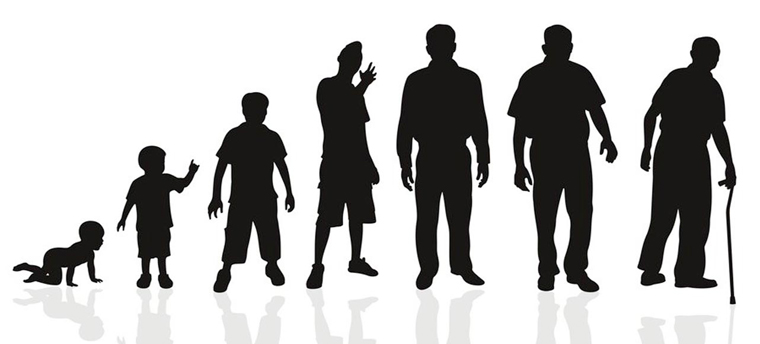
My father recently turned ninety. He’s had a rough couple of years, progressively losing much of his hearing and his eyesight. Neither entirely deaf nor blind, his deficiencies are nonetheless significant enough that he can no longer read and must wear hearing aids in both ears. His gait has slowed as arthritis takes its toll on his knees and a calcified aortic valve leaves him short of breath. His daily dose of medication has now reached eleven pills.
My father is a tough Brooklyn boy, a natural scrapper who has faced, met and overcome major challenges in his life. He now faces his toughest challenge of all, watching who he has been disappear and fade away. The attributes that served him well are all but gone: wit and repartee, seductive boyish charm, a youthful manner and great stamina. His opponent is relentless, stealthy and determined; despite his wishes otherwise, my father must eventually succumb, as will we all. He knows this, but in some strange fashion still feels that perhaps there is a chance he will just live on and on forever. Yet with each new movement towards decline, he is buffeted by his hope and fear, an exhausting emotional oscillation that leaves my father and everyone around him discouraged and depressed.
While he was recovering from a crisis last year I asked him how he’d imagined the last years of life; he answered that he had never thought about it. I’ll admit I was surprised, but then again I’ve watched him grow very old, something he never saw happen to his own father who died in his mid-sixties of a heart attack when my dad was but forty-five. Sitting with him recently, reading to him from his beloved New York Times, I found myself wondering how much like him I will be if I reach ninety. I can’t be sure, of course, but I think I won’t be as shocked by what it’s like as he seems to be.
I took the online AARP lifespan test the other day, a simple check-off survey about habits, current health, and mental attitude that predicts how long one will live. Despite Type-2 diabetes (well controlled with diet and exercise) and heart disease (you gotta love Lipitor), the prediction was that I will live to ninety-four. Perhaps this estimate is based upon optimistic assumptions about health care in the future, and given that the fastest growing population segment in America is eighty-five and above, this prediction may well be true. But of course, that means that the decline my father has experienced in very old age will be mine to enjoy, also.
I’ve decided to implement an aging plan. I’m still young and healthy enough to develop talents I can use should I lose my sight in twenty or thirty years, for example. Learning to play the piano sounds good, as does memorizing books and poems to keep my brain sharp and working.
In this culture, alas, it’s not just aging from which we are likely to suffer, but increasing isolation and care at the hands of strangers instead of the warm embrace and familiar comfort of close friends. Being a member of a communal, closely-knit multi-aged community of shared interests, I’ve concluded, is thus the most important piece of the plan.